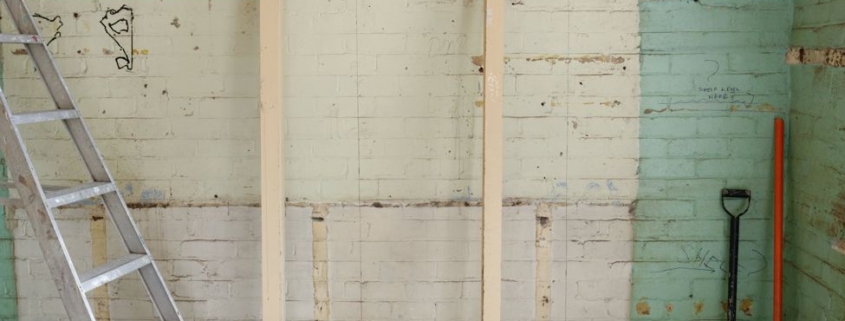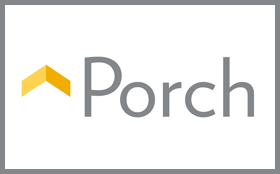What to Consider When Buying a Fixer-Upper as Your First Home
A fixer-upper is a house that needs significant work in order to become an enjoyable place to live. This can involve extensive renovations or simple updates that make a home more modern. What most fixer-uppers have in common is that they’re more affordable upfront, which makes them a good option for first-time homeowners and property investors. If you’re thinking about buying a fixer-upper as your first property, learn what you should know about the process below.
Finding a Fixer-Upper
When you start your search for a home, you’ll come across fixer-uppers on the same websites that you would use to find any home for sale. Evaluating pictures and the description in each listing is one of the best ways to determine if a home is considered a fixer-upper. You’ll likely see homes that need cosmetic changes, such as fresh paint or new flooring. Your search results may also reveal homes that have serious problems, such as water damage or a bad roof.
Keep in mind that some repairs may look daunting but are actually easy to fix if you want to invest the effort. But at the same time, repairs that seem straightforward may actually involve more work than you want to take on.
Because most homebuyers aren’t experts at assessing the true condition of a home, you’ll want to hire an inspector. A home inspection report will help you determine just how extensive the repairs would actually be on a home.
Financing Your Purchase
Most experts say it’s a good idea to get preapproved for a mortgage before you get too serious with your search. Having preapproval shows sellers that you are able to follow through if you agree to purchase a home. It also ensures that you can make a realistic offer based on your financial situation.
When applying for preapproval, it helps to know there are many federally-backed loan options geared toward first-time homeowners. However, you can also choose conventional financing, which is offered by private lenders. Conventional loans are often more flexible than other types of financing backed by the government, and you can get a fixed-rate or an adjustable-rate. In any case, you’ll still want to compare interest rates and terms to choose the best type of financing for your situation.
Making an Offer
Most sellers know when their home needs improvement, and they will price it accordingly. With that in mind, the first thing about a fixer-upper that catches your eye might be the asking price. However, according to House Logic, it’s a good idea to price out the cost of renovations before making an offer. Doing the math will help you craft a competitive offer that still allows you to cover the cost of repairs.
As with any home purchase, you will also need to consider whether it’s a buyer’s or seller’s market when making your offer. Knowing how many days the house has been on the market can help your offer stand out as well.
Starting Your Renovations
A lot of DIY jobs are completely doable if you’re handy. For example, if you have the right power tools, you can do minor jobs such as changing out fixtures or patching holes in drywall.
However, other projects are better left to the pros. For example, it’s deceptively difficult to repair flooring, fix dry rot, or work on carpentry in your home. Painting a room might also seem easy, but it’s hard to do a perfect job yourself. Hiring professional painters can make your home look it’s absolute best.
Once the work is complete, you’ll also need to decide whether to stay in the home yourself or treat it as an investment property. You can earn income by flipping a house and immediately reselling it, but you can also choose to rent out a property for passive income.
Buying a fixer-upper has a lot of benefits, but you’ll also want to weigh all of the costs involved before diving in. Fixing up an outdated or rundown house can be a rewarding experience whether you turn the place into your home or choose to use the property as an investment.

 https://www.pexels.com/photo/abandoned-architecture-broken-building-804394/
https://www.pexels.com/photo/abandoned-architecture-broken-building-804394/



